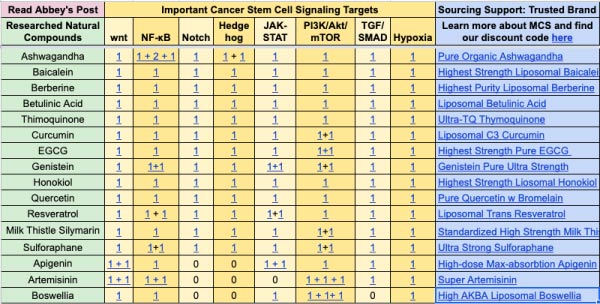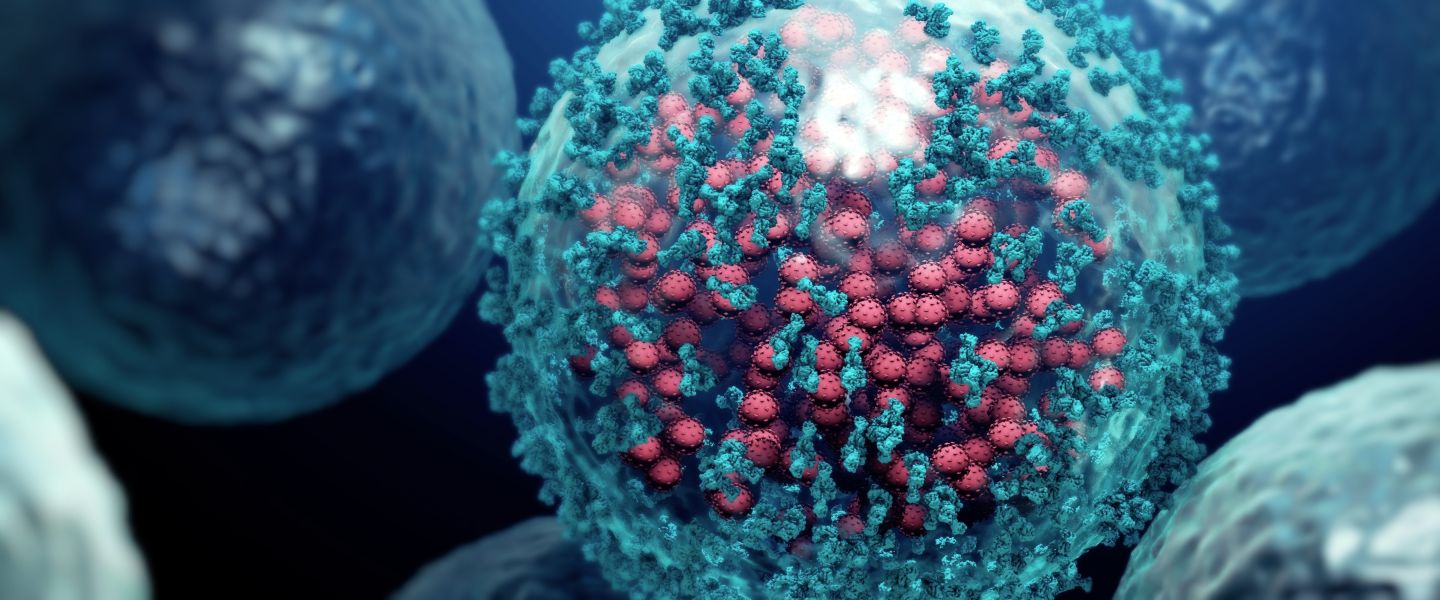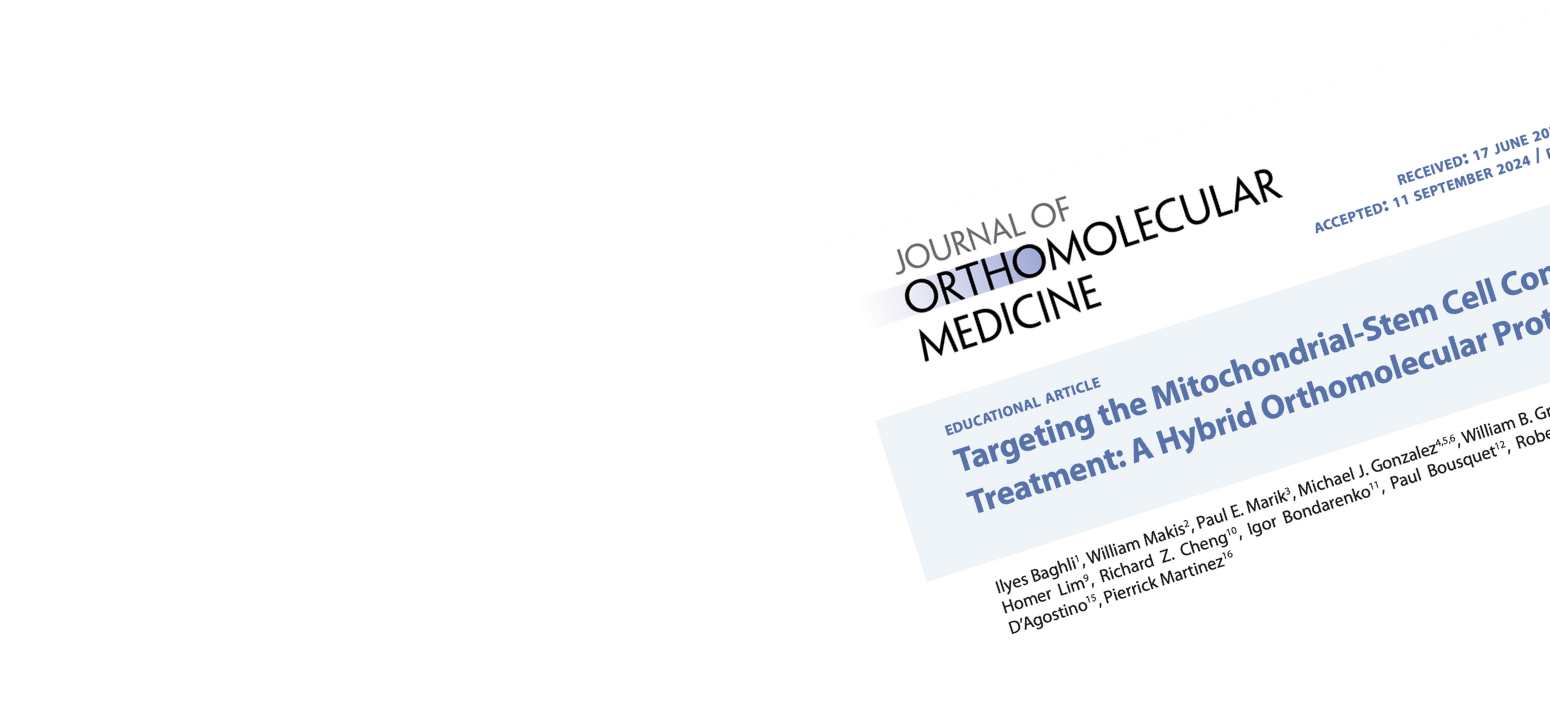SHARING / REPOSTING GUIDELINES: We're very happy to have posts/articles shared as direct links.
However, if you are replicating and re-posting information from this website or our posts, Abbey requests that you:
A) Only ever share articles in part (not in full). (eg. You can lift a paragraph as a way of introducing your readers to the topic) B) Be sure to always provide a direct link/URL back to the full original article here on the MyHealingCommunity.com website. Thanks in advance for your co-operation when sharing and re-posting any and all information that appears on this website.
Like Cancer Stem Cells (CSC's) the EMT process is highly beneficial for facilitating the initiation of metastasis.
Six of the same signalling pathways are involved in the process of EMT as are driving Cancer Stem Cells (CSC's):
1) Transforming Growth Factor-beta (TGF-β) pathway: TGF-β signalling plays a critical role in EMT induction. Activation of TGF-β pathway triggers a cascade of events that leads to the loss of epithelial characteristics and acquisition of mesenchymal traits.
2) Wnt/β-catenin pathway: The Wnt signalling pathway is involved in various cellular processes, including EMT. Activation of Wnt pathway can stabilise β-catenin, which translocates into the nucleus and regulates the expression of EMT-associated genes.
3) Notch pathway: The Notch signalling pathway is involved in cell fate determination and tissue development. Dysregulation of the Notch pathway has been associated with EMT and cancer progression.
4) Hedgehog (Hh) pathway: The Hh pathway plays a crucial role in embryonic development and tissue homeostasis. Aberrant activation of the Hh pathway has been implicated in promoting EMT and cancer metastasis.
5) PI3K/Akt/mTOR pathway: The PI3K/Akt/mTOR pathway is involved in cell survival, growth, and proliferation. Dysregulation of this pathway can promote EMT and cancer progression.
6) Nuclear factor-kappa B (NF-κB) pathway: The NF-κB pathway regulates inflammation and immune responses. Activation of NF-κB signaling has been associated with EMT induction and metastasis.
7) RTK pathways, the other important signalling pathways in the EMT process:
In regards to EMT the Receptor Tyrosine Kinase (RTK) pathways are also up-regulated and need inhibiting: Various RTK pathways, such as epidermal growth factor receptor (EGFR), hepatocyte growth factor receptor (MET), and fibroblast growth factor receptor (FGFR), can activate downstream signalling cascades that contribute to EMT. Berberine, Curcumin and Genistein, has all been reported to inhibit EGFR, hepatocyte growth factor receptor (MET) and FGFR signalling.
These signalling pathways are interconnected and often exhibit cross-talk, creating a complex network that regulates EMT and cancer progression. The specific involvement of these pathways may vary depending on the cancer type and context.
EMT is a process in which epithelial cells lose their characteristics and acquire mesenchymal traits, promoting increased motility and invasiveness. CSCs, on the other hand, are a subset of cancer cells with stem cell-like properties, including self-renewal and differentiation capabilities.
With EMT the following protein markers increase and they can activate the above signalling pathways and gene expression programs that contribute to both EMT and CSC phenotypes: Vimentin, Fibronectin, Snail 1 (Snail), Snail 2 (Slug), Twist, FOX C2, SOX 10, MMP-2, MMP-3, MMP-9, N-cadherin. These protein markers that we need more of decrease: E-cadherin, Desmoplakin, Cytokeratin, Occludin
Functional markers observed with EMT: Increased migration, increased invasion, increased scattering, elongation of cell shape, resistance to anoikis*
*Anoikis is a programmed cell death occurring upon cell detachment from the correct extracellular matrix, thus disrupting integrin ligation. It is a critical mechanism in preventing dysplastic cell growth or attachment to an inappropriate matrix.
Inhibition of the EMT process using natural compounds.
Now that we have established (above) how to inhibit RTK and 6 of the top EMT signalling pathways I can recommend reviewing my online table and read the post I wrote on inhibiting these same signalling pathways for cancer stem cells using natural compounds here: https://myhealingcommunity.com/targeting-cancer-stem-cells/

Some commonly used natural compounds that inhibit these signalling pathways shared by EMT and CSC's:
1. Curcumin:
Curcumin is a compound found in turmeric and has been extensively studied for its potential anticancer properties. It has been reported to inhibit EMT by suppressing various signalling pathways involved in EMT induction, such as TGF-β, Wnt, and Notch pathways.
2. Resveratrol:
Resveratrol is a polyphenolic compound found in grapes, berries, and peanuts. It has been investigated for its anti-cancer effects and has shown inhibitory effects on EMT in various cancer types. Resveratrol can modulate EMT-associated signaling pathways, including TGF-β, Wnt, and PI3K/Akt pathways.
3. Green tea catechins:
Green tea catechins, particularly epigallocatechin-3-gallate (EGCG), possess anti-cancer properties. EGCG has been shown to inhibit EMT by suppressing the TGF-β/Smad pathway and reducing the expression of EMT-related transcription factors.
4. Quercetin:
Quercetin is a flavonoid present in various fruits and vegetables. It has been investigated for its anti-cancer effects, including its ability to inhibit EMT. Quercetin can suppress EMT by modulating TGF-β, Wnt/β-catenin, and Notch signaling pathways.
5. Omega-3 DHA
Docosahexaenoic acid (DHA) is an omega-3 fatty acid abundant in fish oils. DHA can inhibit EMT by inhibiting GREM1 signal transduction which activates the VEGF-PI3K-AKT signalling pathways.
It's important to note that the effects of natural compounds on EMT can vary depending on the specific cancer type, the concentration used, and other factors. Healing Cancer Study Support Group members can link directly to our research sharing thread for each of these compounds via the A-Z directory page.
EMT can be inhibited. Inhibition of EMT with a combination of trusted high strength bioavailable natural compounds could prevent cancer cells from acquiring advantageous capabilities, such as the ability to migrate, invade, promote cell survival, exhibit stem cell-like properties, suppress the immune response and create chemo/immunotherapy resistance.
References
https://www.ncbi.nlm.nih.gov/pmc/articles/PMC7182759/#bb0715 [2] EMT, CSCs, and drug resistance: the mechanistic link and clinical implications
https://pubmed.ncbi.nlm.nih.gov/28397828/ [3] Cellular and molecular mechanisms of curcumin in prevention and treatment of disease
https://pubmed.ncbi.nlm.nih.gov/30632782/ [4] Resveratrol and Its Analogs: Potent Agents to Reverse Epithelial-to-Mesenchymal Transition in Tumors
https://pubmed.ncbi.nlm.nih.gov/33937049/ [5] Molecular Targets of Epigallocatechin—Gallate (EGCG): A Special Focus on Signal Transduction and Cancer
https://www.ncbi.nlm.nih.gov/pmc/articles/PMC6315581/ [6] DHA inhibits Gremlin-1-induced epithelial-to-mesenchymal transition via ERK suppression in human breast cancer cells
https://pubmed.ncbi.nlm.nih.gov/32141512/ [7] Quercetin Inhibits Epithelial-to-Mesenchymal Transition (EMT) Process and Promotes Apoptosis in Prostate Cancer via Downregulating lncRNA MALAT1
https://pubmed.ncbi.nlm.nih.gov/32210615/
DISCLAIMER: Any and all information in this post was gathered from published research in cell lines or animals, or from typical clinical use. It may not be complete, may not have not been verified in humans, and is NOT meant or given as medical advice, but only as a guide to further exploration.







